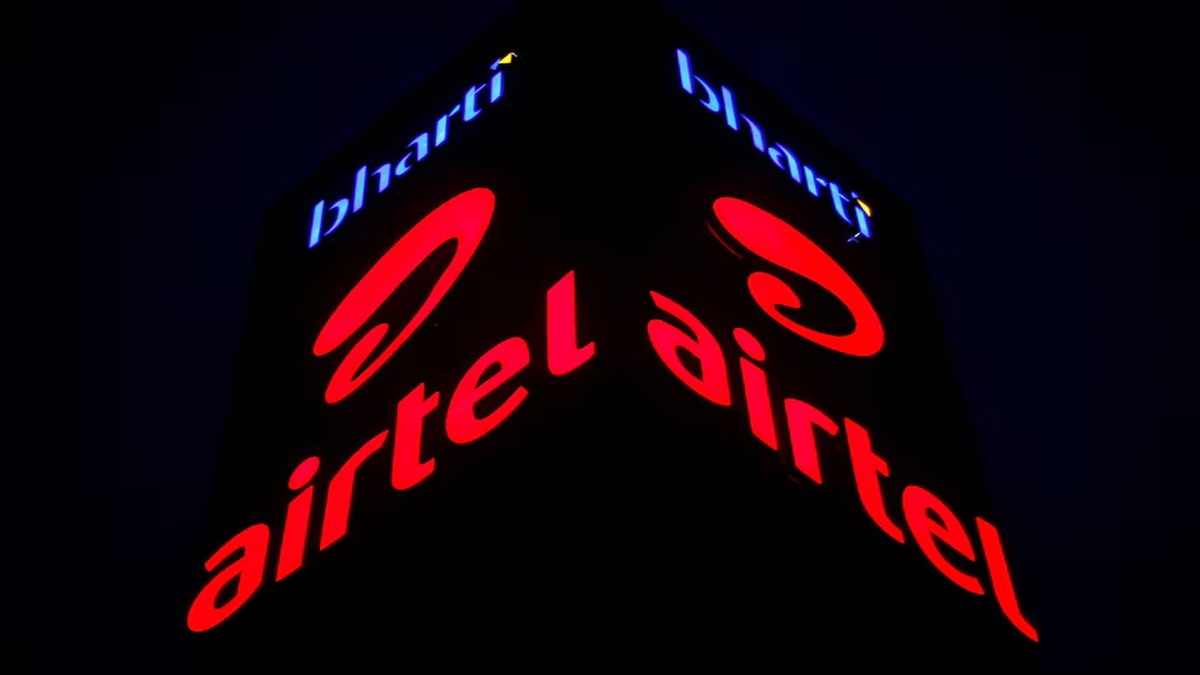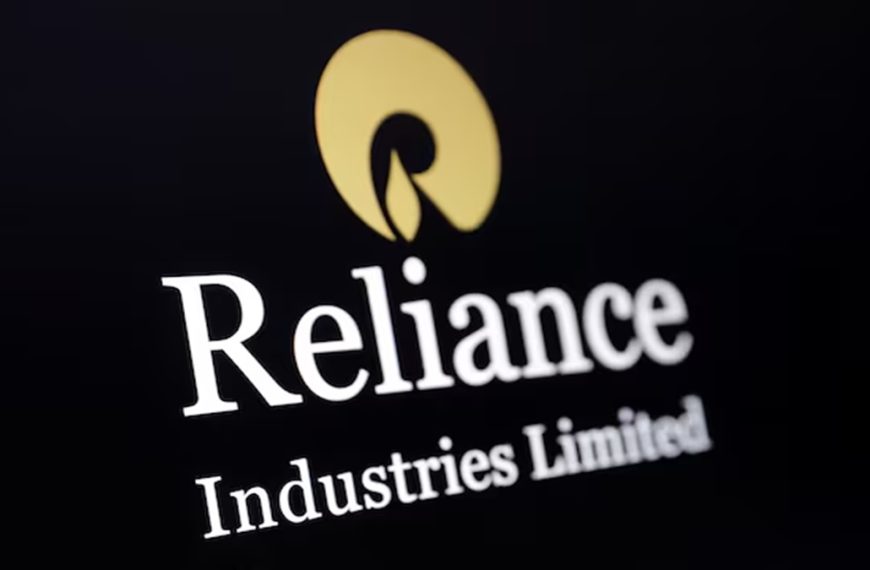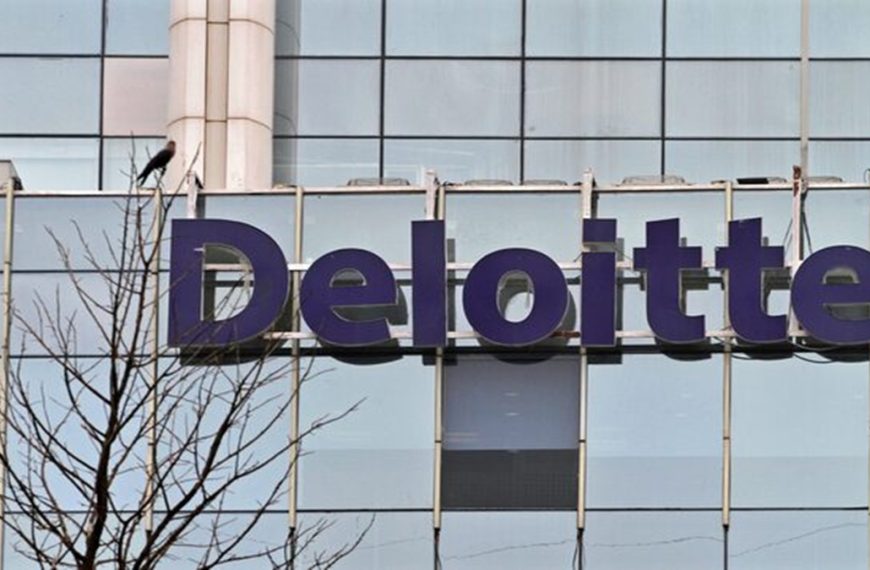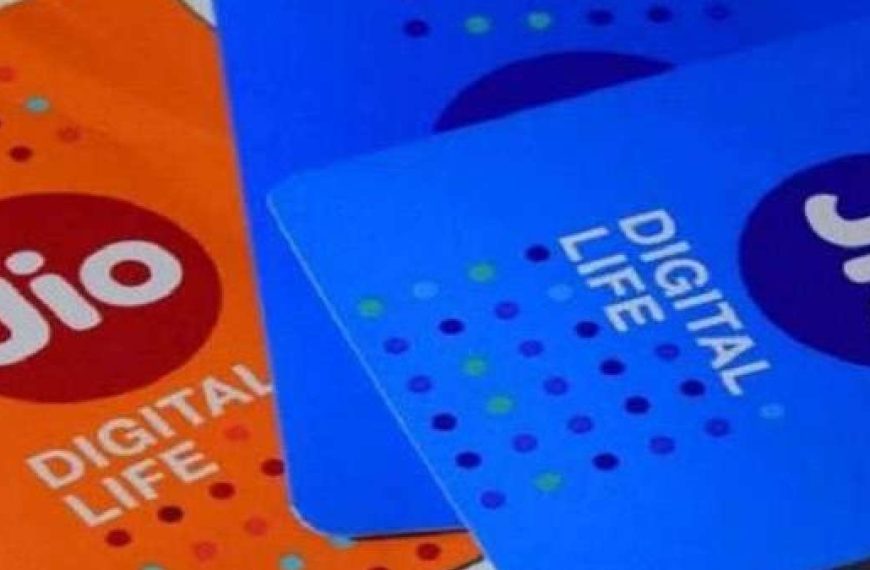In a surprising turn of events, Bharti Airtel has formally requested the Indian government to convert its substantial dues of approximately ₹40,000 crore into equity. This move comes shortly after Communications Minister Jyotiraditya Scindia announced that no additional dues of Vodafone Idea would be converted into equity. As the government considers this request, industry experts believe it will be scrutinized closely, with no guarantees of approval.
Bharti Airtel’s Equity Conversion Request
Last week, Bharti Airtel approached the Department of Telecommunications (DoT) with a proposal to convert its deferred Adjusted Gross Revenue (AGR) dues into equity. This is a strategic request, as it aligns with the support given to the struggling Vodafone Idea by the government. If approved, the government’s stake in Airtel could range from 3% to 4%, which analysts believe could be easily sold in the market, given the company’s strong fundamentals and solid stock performance.
Context of Telecom Reforms
The telecom reforms package introduced in September 2021 allowed telecom companies a four-year moratorium on statutory dues, including AGR and spectrum payments, although interest would continue to accumulate during this period. While Vodafone Idea opted for both the moratorium and equity conversion, Airtel initially chose only the moratorium. DoT officials have emphasized that each request for equity conversion will be evaluated individually, indicating that automatic approvals are unlikely.
Government Support for Vodafone Idea
In a significant move earlier this year, the government converted ₹36,950 crore of Vodafone Idea’s spectrum dues into equity, increasing its ownership from 22.6% to 48.99%. Additionally, in February 2023, another ₹16,133 crore in interest dues was also converted into equity, making the government Vodafone Idea’s largest shareholder. This intervention aimed to stabilize the company and attract new investors, leading to a follow-on public offer that diluted the government’s stake back to 22.6%. However, doubts about Vodafone Idea’s long-term sustainability remain, and the government has signaled that it will not increase its stake beyond the current level.
Potential Advantages for Airtel
Industry analysts view Airtel’s request as strategically timed, especially with the moratorium period nearing its end. Repayment on the deferred dues is set to start this September. Should the government approve the equity conversion, Airtel would eliminate its entire liability, save on interest costs, and free up funds for network upgrades and expansion. Recently, Airtel has taken substantial steps to bolster its financial health, including a ₹5,985 crore pre-payment to the government, fully settling its obligations from the 2024 spectrum auctions. This leaves Airtel with an outstanding spectrum debt of ₹52,000 crore, considerably reducing its average interest burden.
Vodafone Idea’s Debt Situation
As of Q3 FY25, Vodafone Idea’s total liabilities to the government stand at a staggering ₹2.27 lakh crore, which includes ₹1.57 lakh crore in spectrum dues and ₹70,300 crore in AGR liabilities. The recent equity conversion of ₹36,950 crore is merely a drop in the ocean compared to its total debt. After the moratorium period, Vodafone Idea will need to pay ₹43,000 crore annually from FY28 to FY31, necessitating a dramatic increase in its Average Revenue Per User (ARPU) from ₹163 to over ₹380 by FY28—a 138% increase. This financial challenge is compounded by a declining subscriber base, with Vodafone Idea’s market share currently at 18% compared to 34% for Airtel and 40% for Reliance Jio.
What Lies Ahead
Airtel’s proposal for converting its AGR dues into equity has put the government in a challenging position. Having previously assisted Vodafone Idea, the government may find it difficult to dismiss Airtel’s request outright. However, Airtel’s robust financial standing might lead the government to suggest that Airtel offload some of its equity in the open market for funding. If approved, this could set a precedent for other telecom companies, including Reliance Jio, which, while free from AGR dues, has its own spectrum obligations.
As the government navigates this complex landscape, it must balance its commitments under the reforms with the necessity of maintaining a competitive telecommunications market. The decisions made in the coming weeks will be crucial for the future dynamics of the Indian telecom sector.











